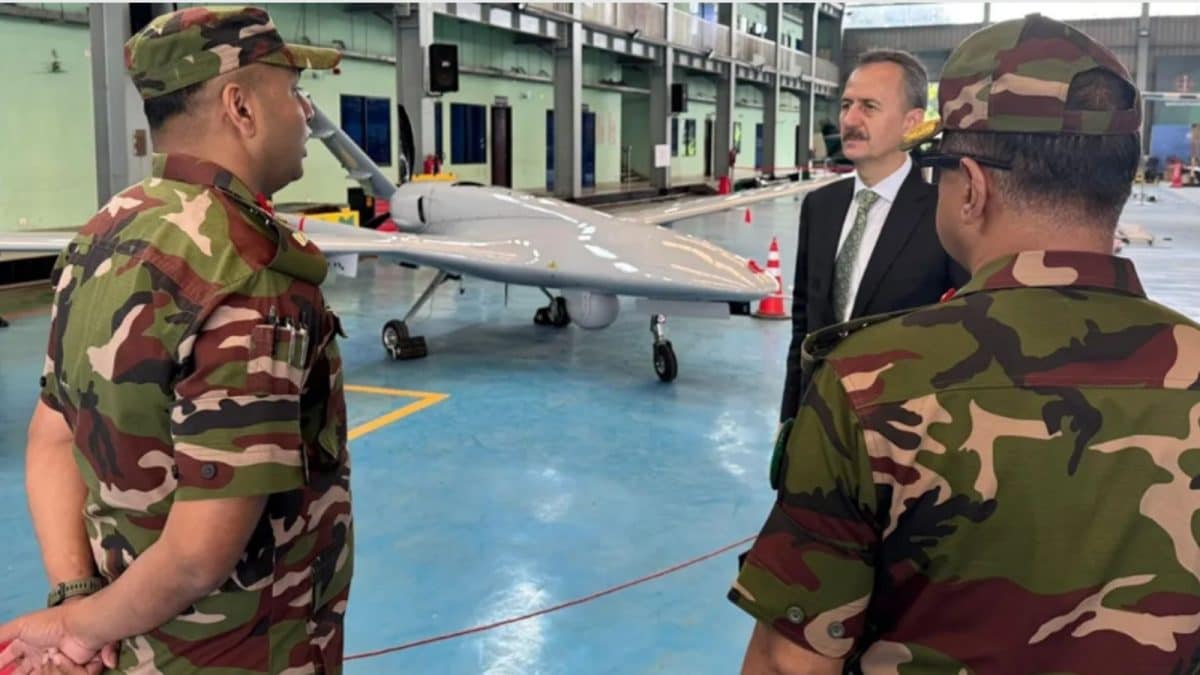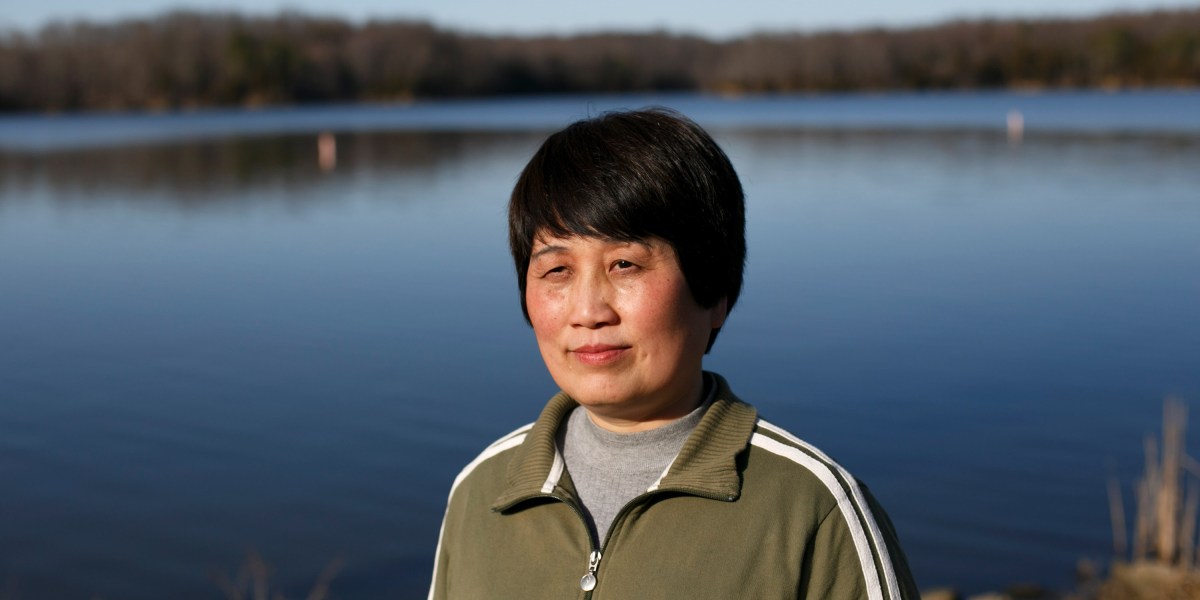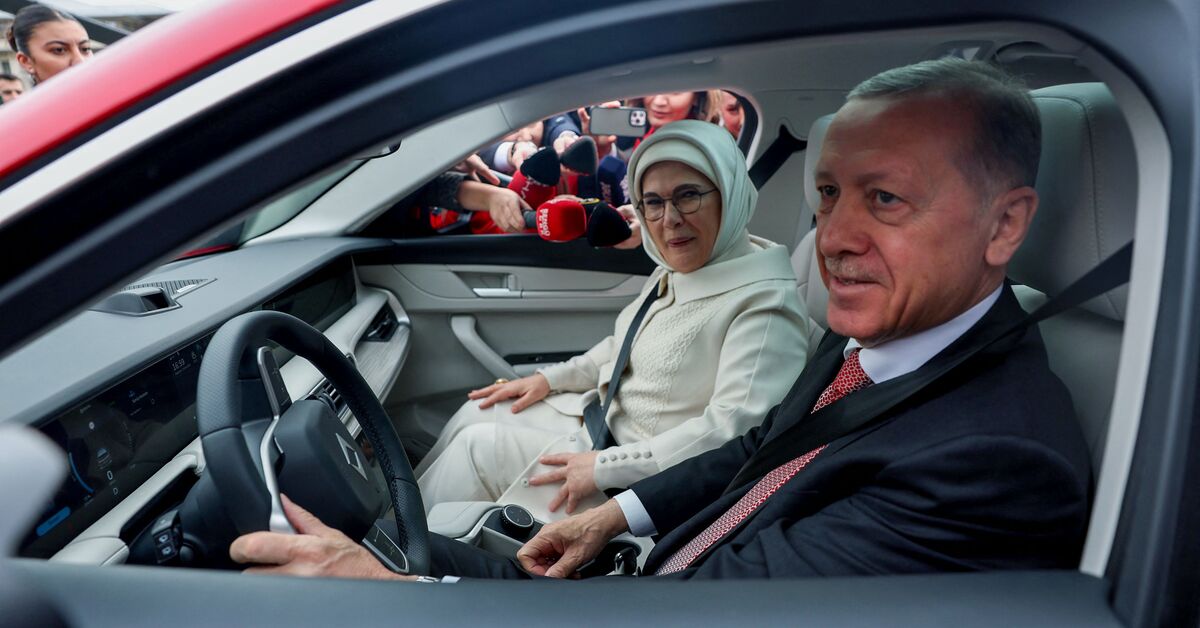Military Cooperation On Agenda As Turkey's Top Defence Official Meets Bangladesh's Yunus
Last Updated:
The Turkish defence sector is well-regarded for its capabilities in unmanned aerial vehicles, artillery, and missile systems, and Bangladesh is eager to tap into these technologies

Haluk Gorgun meets official contacts in Dhaka, Bangladesh. (Image Courtesy: TRT Global)
Turkey’s top defence industry official, Haluk Gorgun, paid a high-level visit to Dhaka on Tuesday and met Bangladesh’s Chief Adviser Muhammad Yunus as well as the senior military leadership. The visit, part of Turkey’s ongoing push to solidify its defence ties with Bangladesh, represents not only a growing bilateral partnership but also marks an important shift in Bangladesh’s foreign policy—one that holds substantial consequences for regional geopolitics, especially for India.
The meeting was framed as a return visit. Prior to this, senior Bangladeshi military officials had visited Turkey, underscoring the increasingly mutual interest in expanding defence collaboration. The focus of the discussions was clear: exploring new avenues for technological cooperation, strengthening military ties, and facilitating the transfer of critical defence technologies.
During his visit, Gorgun met with Bangladesh’s Chief of Army Staff, General Waqar-us-Zaman, where they discussed enhancing the existing defence cooperation. Both sides recognised the potential for mutual growth, as Turkey’s defence industry has been rapidly expanding in recent years, positioning itself as an emerging player in global defence markets. The Turkish defence sector is well-regarded for its advanced capabilities in unmanned aerial vehicles (UAVs), artillery, and missile systems, and Bangladesh is eager to tap into these technologies.
According to a statement by Zaman’s office, Gorgun assured “cooperation and support” for defence industry development in Bangladesh, while the army chief expressed his desire to produce “various modern military equipment and develop defence technologies in Bangladesh in close cooperation with Turkey.
The visit comes at a time when Bangladesh is advancing its “Forces Goal 2023″ initiative, which focuses on boosting self-reliance in defence and minimizing dependence on a single supplier. While Bangladesh has traditionally depended on Chinese arms, it emerged as the largest importer of Turkish defence exports in 2022, acquiring cutting-edge drones and other advanced weaponry.
What it means for India
For Turkey, Bangladesh’s geopolitical position makes it a key partner in South Asia. Bangladesh, as one of the fastest-growing economies in the region, offers a promising market for Turkish defence exports. This evolving partnership signals Turkey’s broader strategy of expanding its influence in South Asia, a region historically dominated by India in terms of military alliances and security policy.
Bangladesh’s growing engagement with Turkey could alter the security dynamics in the region, with the increasing military cooperation indicating a subtle pivot towards non-traditional partners. This diversification could be seen as a means to reduce over-dependence on any one nation, especially as Bangladesh seeks to assert its own regional stature.
The use of Turkish drones or artillery systems in Bangladesh could potentially alter the regional military balance. While Bangladesh may not pose a direct military threat to India, the growing sophistication of its defence capabilities, paired with Turkey’s regional ambitions, might raise strategic questions for New Delhi.

Apoorva Misra is News Editor at News18.com with over nine years of experience. She is a graduate from Delhi University’s Lady Shri Ram College and holds a PG Diploma from Asian College of Journalism, Chennai. S…Read More
Apoorva Misra is News Editor at News18.com with over nine years of experience. She is a graduate from Delhi University’s Lady Shri Ram College and holds a PG Diploma from Asian College of Journalism, Chennai. S… Read More
view comments
- Location :
Dhaka, Bangladesh
- First Published:




